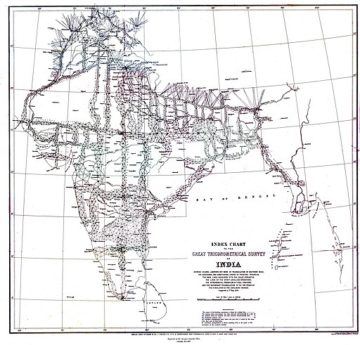by Fabio Tollon

An easy way to ruin any conversation is to start talking about philosophy. An easier way to do so is to mention free will. The issue of free will (whether we have it, if it is compatible with determinism, whether it even matters, etc.) has plagued philosophers for quite some time now. This is might be worrying, as it seems very important that we are free. How else can we fairly be held responsible for what we do? If your actions are fully determined by antecedent causes, what role do you really play? Additionally, reaching a consensus on what exactly free will entails is notoriously difficult. Is it enough to have some kind of “control”? Must the world be indeterministic? Does our best science exclude the possibility of free will? And, perhaps most provocatively, perhaps we don’t have free will at all, and that it doesn’t actually matter!
What I want to do here is take a somewhat different approach to the problem of free will. Instead of trying to figure out what exactly free will is or whether we need it, I want to start with a commonly accepted intuition: most of us, at least some of the time, feel as though we are free. From a first-person perspective, it really does (at least to me) feel as though we are in control of what we do, and that there is some central “willer” behind our actions. Moreover, whether we or not we really “believe” in free will or not, it seems this feeling of freedom will not go away. Read more »

